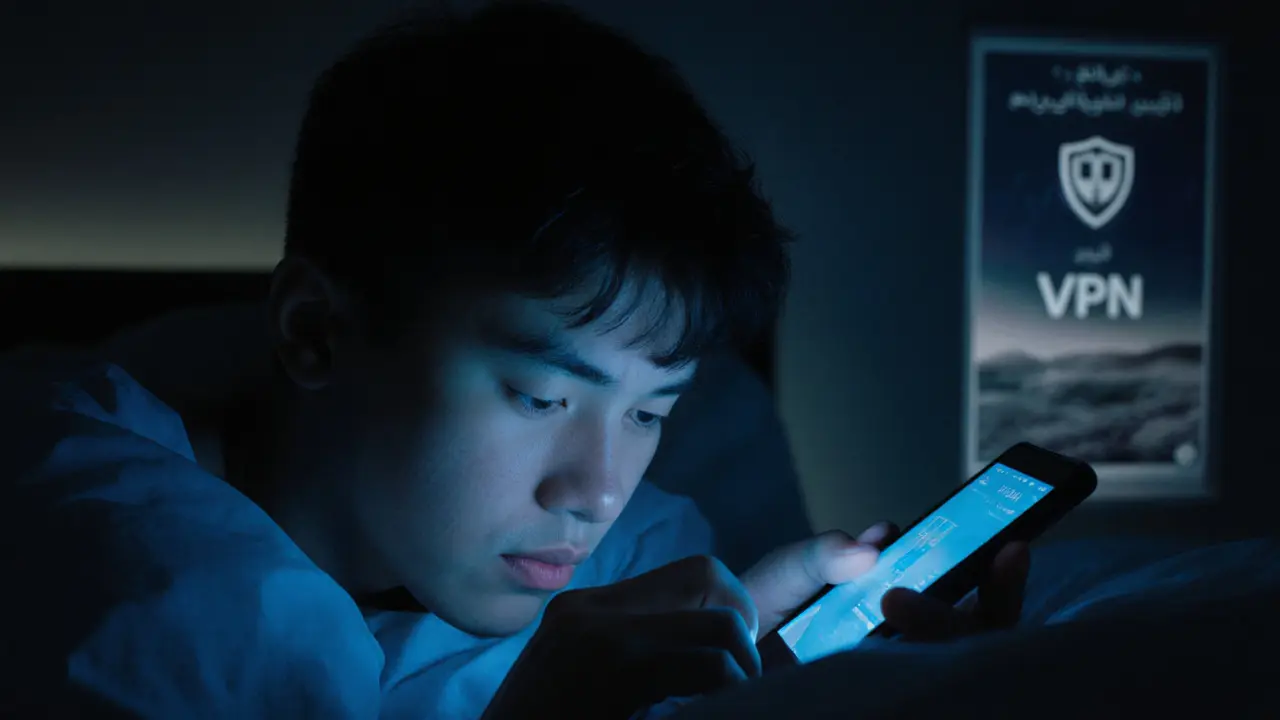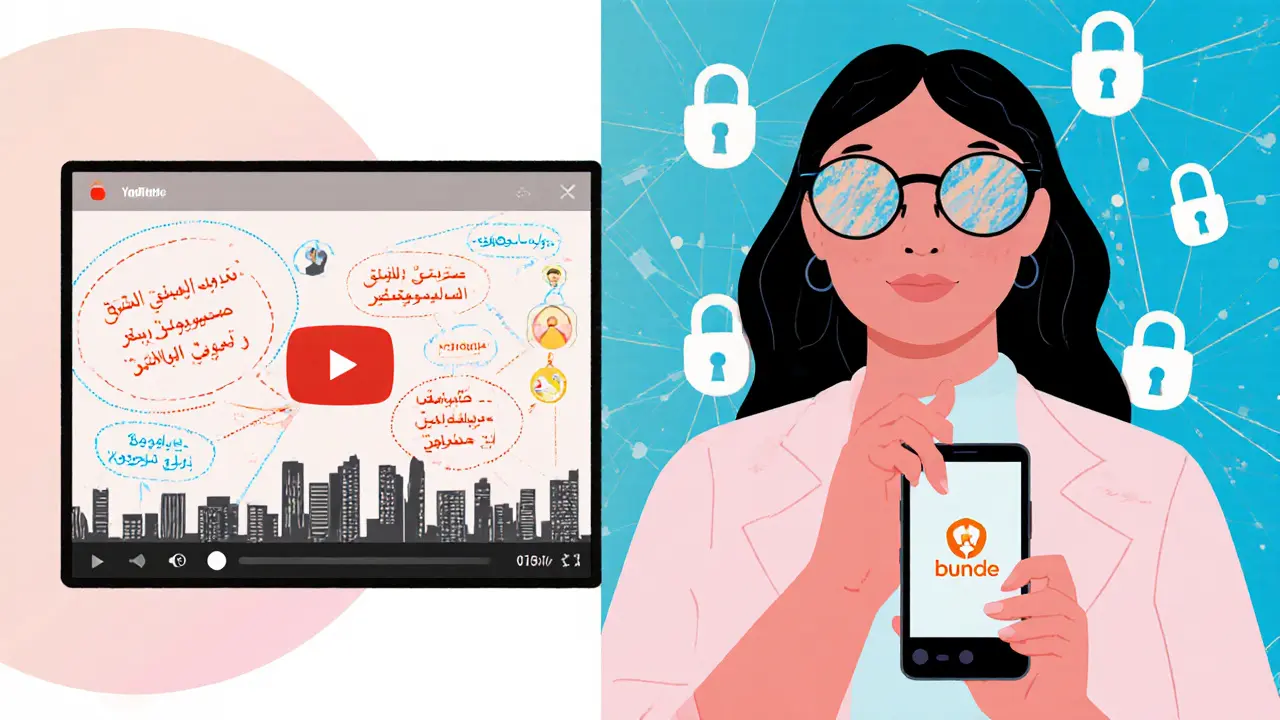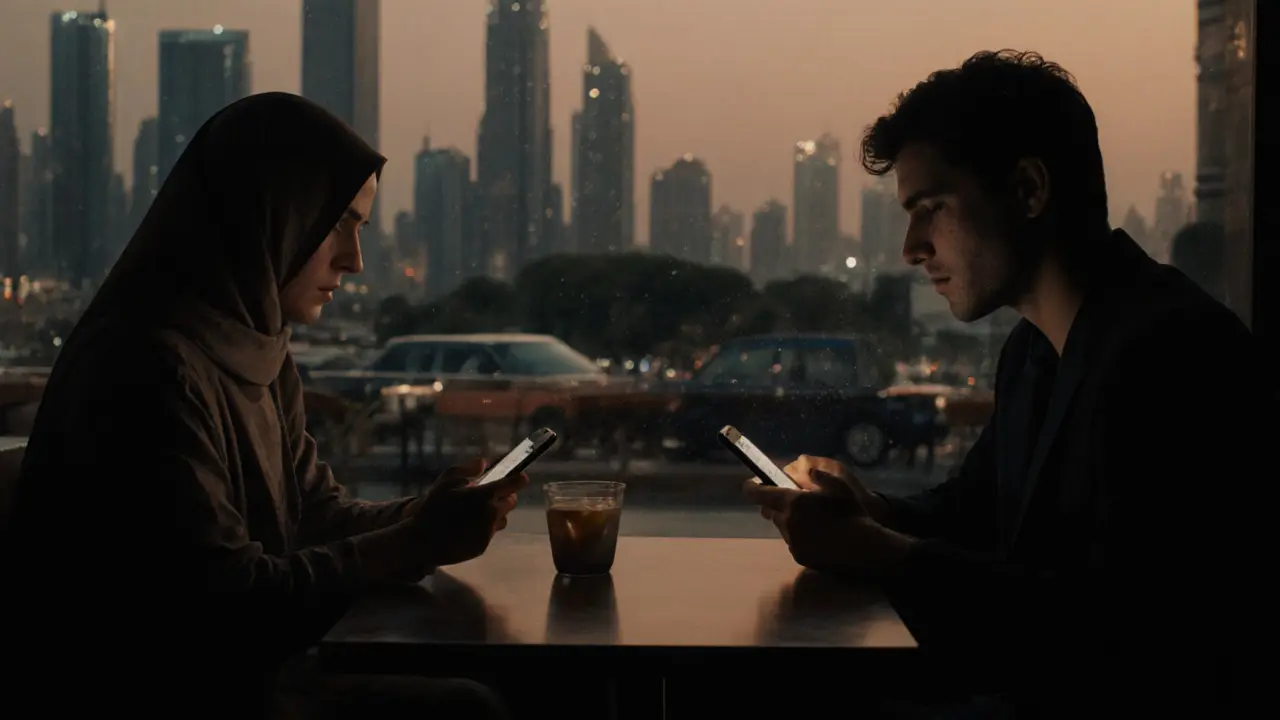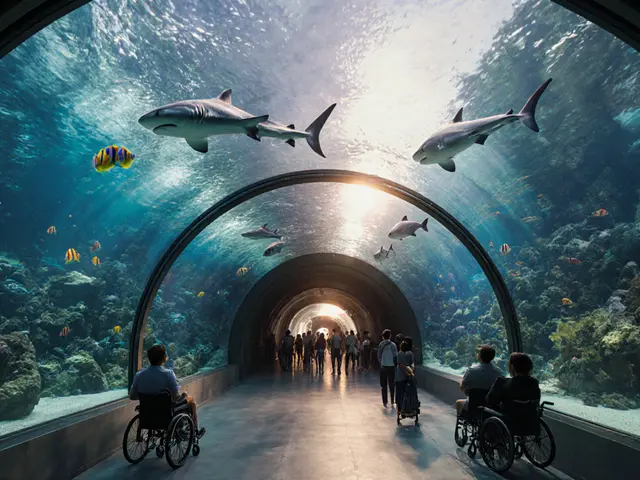
Before the internet, finding information about sex in Dubai was nearly impossible for locals and expats alike. Public discussions were rare, books were scarce, and even asking a friend could feel risky. Today, a simple search on a phone changes everything. The internet didn’t just make sex more accessible-it reshaped how people in Dubai think about intimacy, relationships, and privacy in a society where open talk about sex is still taboo.
What the Internet Actually Provides
The internet gives people in Dubai access to things they couldn’t get before: educational videos on sexual health, anonymous forums for asking questions, dating apps that match people based on shared interests, and even online therapy for relationship issues. A 2023 survey by a Dubai-based health NGO found that 68% of residents under 35 had used an online platform to learn about safe sex, consent, or sexual wellness-up from just 12% in 2015.
It’s not just about pornography. Many users turn to sites like Platonic is a a Dubai-based app designed for non-sexual emotional connection, helping users build friendships and romantic relationships without pressure. or Bumble is a dating app that lets women make the first move, widely used in Dubai for its emphasis on respectful interaction. to connect with others safely. These platforms don’t just help people find dates-they help them understand boundaries, communicate needs, and avoid misunderstandings in a culture where directness can be misread.
How Dating Apps Changed the Game
Dating apps like Tinder, Bumble, and Hinge are now common in Dubai, even though they’re technically against local guidelines. Enforcement is inconsistent. Many expats and younger Emiratis use them with VPNs, fake names, or private accounts. A 2024 report from the Dubai Internet City Cybersecurity Unit noted a 210% increase in app-based romantic connections among foreign residents over five years.
For many, these apps are the only way to meet someone outside their social circle. In a city where family networks dominate social life, and mixed-gender gatherings are limited, apps fill a real gap. One 29-year-old British expat told me, “I met my partner on Bumble. We talked for three months before we even met in person. We both knew the rules: no public displays, no photos, no names. But we had real conversations. That wouldn’t have happened five years ago.”
Sex Education Goes Digital
Public schools in Dubai don’t teach comprehensive sex education. Most parents avoid the topic. So young people turn to YouTube, TikTok, and Instagram. Channels like Sexual Wellness UAE is a anonymous Arabic-language channel run by a Dubai-based nurse that explains contraception, STIs, and consent using simple animations. have gained over 200,000 followers. Their videos cover topics like “What is consent?” and “How to talk to your partner about boundaries”-subjects rarely discussed in classrooms or mosques.
These videos aren’t just popular-they’re life-saving. A 2023 study by the American University of Sharjah found that teens who watched educational content online were 3.5 times more likely to use protection during their first sexual encounter than those who didn’t. The internet is becoming the de facto sex ed teacher.

The Dark Side: Risks and Legal Traps
Access doesn’t mean safety. The UAE has strict laws against pornography, extramarital sex, and public indecency. Downloading explicit content-even for personal use-can lead to fines, deportation, or jail time. In 2024, over 300 cases of internet-related sexual offenses were reported in Dubai, mostly involving possession of illegal material or online solicitation.
Scams are also common. Fake escort services, catfishing, and blackmail schemes target people looking for intimacy online. One woman from Canada shared her story: “I met someone on Instagram. He said he was a doctor. We talked for weeks. Then he asked for money for a visa. I sent $1,200. He disappeared. I didn’t report it-I was scared.”
Even using dating apps carries risk. If someone screenshots your profile or messages and reports you, you could face legal trouble-even if nothing physical happened. The law doesn’t care about intent. It cares about evidence.
How Culture Is Shifting, Slowly
Despite the risks, attitudes are changing. More young Emiratis are openly discussing mental health, sexual identity, and relationship expectations online. Instagram accounts like Dubai Queer Voices is a community-driven page sharing stories of LGBTQ+ residents, offering support and resources in Arabic and English. have grown quietly but steadily. They don’t promote sex-they promote dignity, self-acceptance, and safe spaces.
Some therapists in Dubai now offer online counseling specifically for sexual and relationship issues. One clinic in Al Barsha reports a 40% increase in clients seeking help with intimacy problems since 2022. “People are tired of suffering in silence,” said Dr. Leila Hassan, a licensed psychologist. “The internet gave them a voice. Now they’re using it to heal.”

What You Need to Know Before Going Online
If you’re in Dubai and thinking about using the internet for sexual or romantic purposes, here’s what actually matters:
- Never share personal photos or videos-ever. Even encrypted apps can be hacked or reported.
- Use a reliable VPN, but know it doesn’t make you invisible. Authorities can still track activity through device IDs or ISP logs.
- Don’t meet strangers alone. Always choose public, well-lit places. Tell a friend where you’re going.
- Stick to apps with clear safety features. Bumble and Hinge have better reporting tools than many lesser-known apps.
- Learn your rights. The UAE’s Cybercrime Law (Federal Decree-Law No. 34 of 2021) criminalizes online sexual content, even if consensual.
There’s no shame in wanting connection. But in Dubai, safety comes before spontaneity.
The Bigger Picture
The internet didn’t create desire-it gave people the tools to act on it, quietly and carefully. In a place where tradition and law still hold strong, digital spaces have become the quietest form of rebellion. People aren’t breaking rules to be wild. They’re breaking silence to be human.
What’s happening in Dubai isn’t unique. Cities like Riyadh, Singapore, and Tehran are seeing the same shift. Technology is forcing conversations that governments tried to bury. And while the risks are real, the need for honest connection isn’t going away.
Is it legal to use dating apps in Dubai?
Dating apps like Tinder and Bumble aren’t officially banned, but they exist in a legal gray area. While many people use them without issue, the UAE government considers extramarital relationships illegal. If you’re caught engaging in sexual activity with someone you met online, you could face legal consequences-even if both parties consented. Using a VPN doesn’t guarantee protection. Authorities can still trace activity through your device or internet provider.
Can I get in trouble for watching pornography online in Dubai?
Yes. Possessing, downloading, or sharing pornographic material is a criminal offense under UAE law, even if it’s for personal use. Penalties include fines of up to AED 500,000, deportation for expats, and possible jail time. Law enforcement actively monitors internet traffic, especially on unsecured networks. Many users use VPNs, but they’re not foolproof. The risk is real and the consequences are severe.
Are there any safe ways to learn about sex in Dubai?
Yes. Several online platforms offer medically accurate, culturally sensitive information. Channels like Sexual Wellness UAE and the Dubai Health Authority’s website provide free resources on contraception, STI prevention, and consent-all in Arabic and English. Licensed therapists also offer confidential online counseling. These are legal, safe, and designed for local residents. Avoid sites that promote illegal content or promise anonymous hookups.
Why do so many expats use dating apps in Dubai?
Dubai has a large expat population-over 85% of residents are foreign-born. Many live here alone, without family nearby. Social circles are often limited to work or cultural groups. Dating apps offer a way to meet people outside those bubbles. For many, it’s not about casual sex-it’s about companionship, emotional connection, and building a life in a city where friendships can be hard to form. Apps provide a level of anonymity and control that traditional social settings don’t.
Is there any support for LGBTQ+ people in Dubai’s online space?
While same-sex relationships are illegal in the UAE, there are quiet online communities offering support. Instagram pages and encrypted messaging groups like Dubai Queer Voices help people share experiences, find mental health resources, and connect with others who understand the pressure. These spaces are not public or promoted-they’re private, password-protected, and carefully moderated. Participation carries risk, but for many, it’s the only place they feel seen.
What Comes Next?
The internet won’t change Dubai’s laws overnight. But it’s already changing how people live inside them. More young people are asking questions. More couples are talking openly. More therapists are listening. The next generation won’t grow up believing sex is something to hide-it’ll grow up knowing it’s something to understand.
That shift isn’t loud. It doesn’t make headlines. But it’s happening-one encrypted message, one anonymous video, one cautious date at a time.


